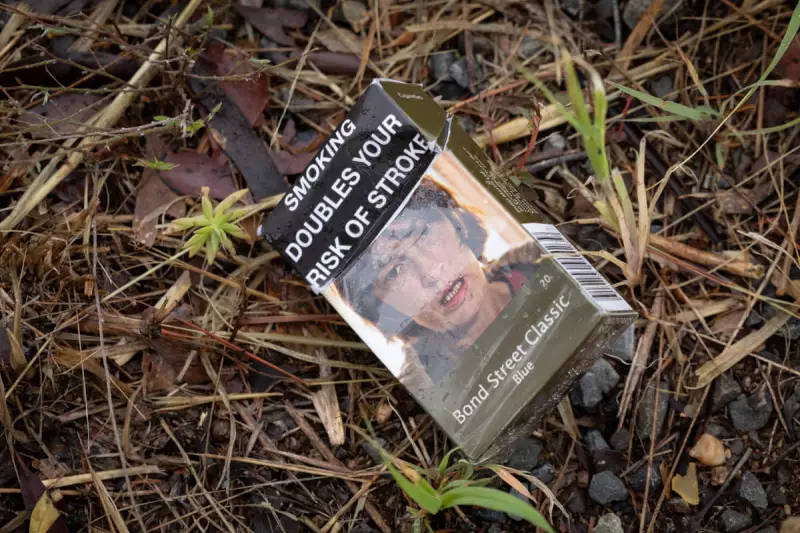
In a bold public health move that appears to be having unintended consequences, the Australian government is pressing ahead with a significant increase to its tobacco excise. From September, the price of a packet of cigarettes is set to soar by nearly 7%, pushing the cost of some brands perilously close to the A$50 (£25) mark.
This scheduled hike is part of a long-standing policy of annual tax increases designed to price people out of smoking. However, this well-intentioned strategy is facing a formidable adversary: a booming and sophisticated black market that is flooding the country with cheap, illicit tobacco.
The Illicit Trade Epidemic
Industry experts and law enforcement officials are growing increasingly concerned. The illicit tobacco trade is no longer a minor issue; it has exploded into a multi-billion dollar industry, effectively creating a parallel economy controlled by organised crime syndicates. These groups are exploiting the massive price disparity between legal and illegal products.
Where a legal packet of 20 cigarettes can cost up to A$49, illicit alternatives can be found for as little as A$10 to A$20. This vast discount is proving irresistible to a growing number of consumers, undermining the government's public health goals.
Beyond Lost Revenue: A National Security Threat?
The ramifications extend far beyond lost tax revenue for the Treasury. The sheer scale of the illegal trade is staggering. It is estimated that one in five cigarettes now smoked in Australia is illicit, purchased from unregulated sources.
Authorities warn that the profits from this shadow economy are not just lining the pockets of petty criminals. They are fuelling serious and organised crime, potentially bankrolling other illegal activities that pose a broader threat to national security.
The government, recognising the severity of the issue, has established a dedicated Illicit Tobacco Taskforce. Yet, despite their efforts and some high-profile raids, the flow of cheap cigarettes continues unabated, suggesting the problem is now systemic and incredibly difficult to combat.
A Policy at a Crossroads
This situation presents a profound dilemma for policymakers in Canberra. The tobacco tax is a proven tool for reducing smoking rates, but its efficacy is now being neutered by the criminal market it helps to create.
Public health advocates remain steadfast, arguing that the long-term benefits of reduced smoking prevalence outweigh the challenges of enforcement. Conversely, critics, including some retailers, argue the tax policy has reached a point of diminishing returns and is actively empowering criminal enterprises.
As the September price rise looms, the Australian government finds itself in a tight spot, forced to balance its ambitious health targets with the escalating economic and criminal consequences of its own policy.





